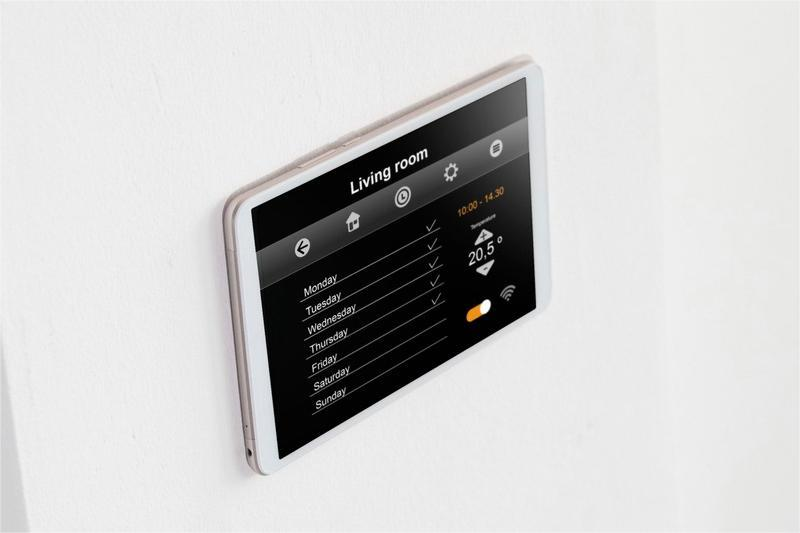In an era defined by increasing security risks and complex industrial processes, alarm systems have become indispensable tools for safeguarding people, assets, and operations. These systems, ranging from traditional fire alarms to sophisticated multi-sensor networks, provide early warnings, enable rapid response, and mitigate potential losses.
Modern alarm systems are far more than audible sirens or flashing lights. They are integrated solutions that combine sensors, data processing units, and communication technologies. For instance, smart alarm systems in industrial plants can detect temperature anomalies, gas leaks, or unauthorized access, instantly notifying operators and emergency personnel. In commercial buildings, intelligent alarms monitor environmental factors such as smoke, carbon monoxide, and water leakage, reducing both property damage and risk to occupants.
The development of alarm systems has been driven by advancements in IoT, machine learning, and wireless communication. Today’s systems can analyze data from multiple sources, differentiate between false alarms and genuine threats, and trigger context-aware responses. For example, an industrial alarm system can differentiate between harmless equipment vibrations and critical machine malfunctions, reducing unnecessary downtime while ensuring safety.
Alarm systems also play a crucial role in regulatory compliance. Industries such as oil and gas, chemical manufacturing, and healthcare must adhere to strict safety standards. Certified alarm systems ensure that facilities meet these requirements, supporting inspections, audits, and risk management protocols.
Integration with building management systems (BMS) and enterprise resource planning (ERP) platforms is another emerging trend. By linking alarms to digital dashboards, facility managers can monitor multiple sites in real time, coordinate responses, and maintain comprehensive incident logs. This connectivity transforms alarm systems from reactive devices into proactive operational tools.
As technology evolves, the future of alarm systems lies in intelligent, connected, and predictive solutions. Systems will increasingly leverage AI and cloud computing to anticipate potential hazards before they escalate, enabling preemptive action. With rising safety and security demands, advanced alarm systems are not merely protective measures—they are strategic assets that enhance operational resilience and organizational confidence.
Post time: Nov-10-2025






